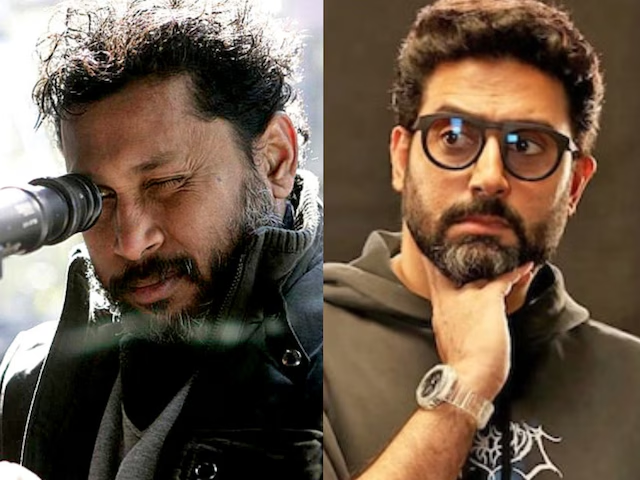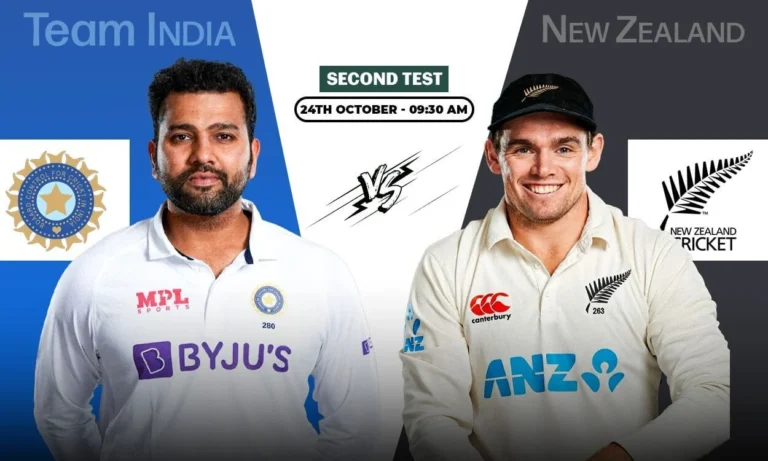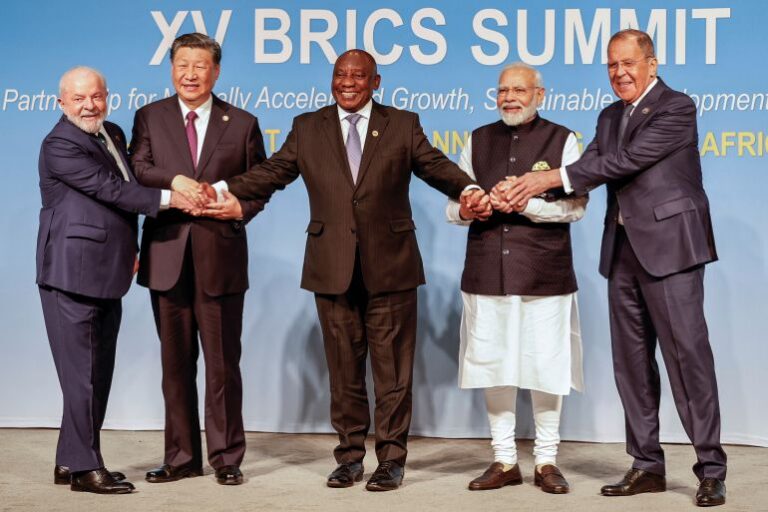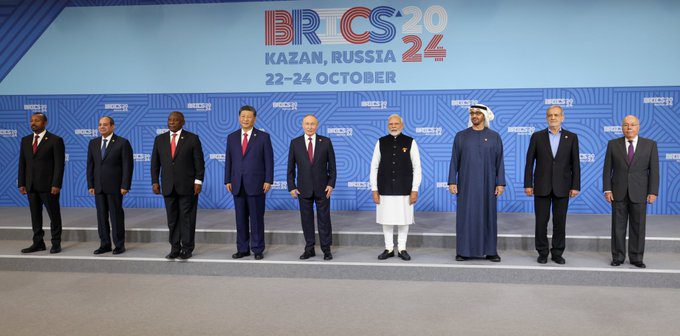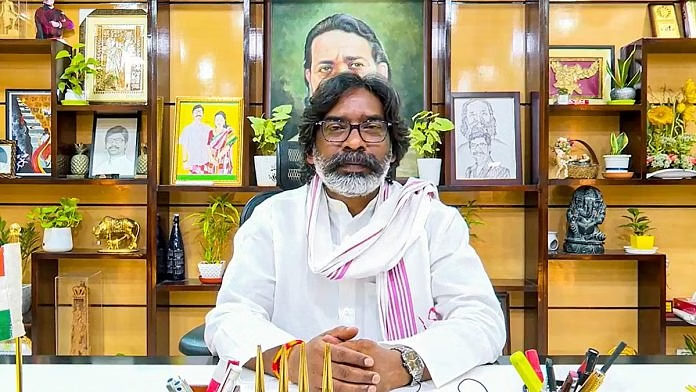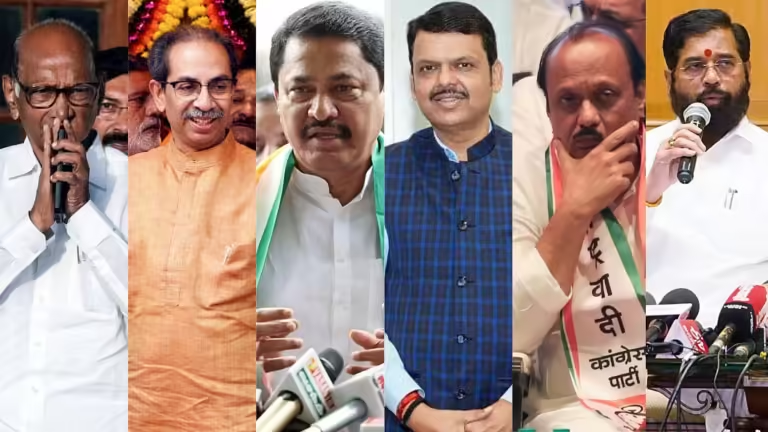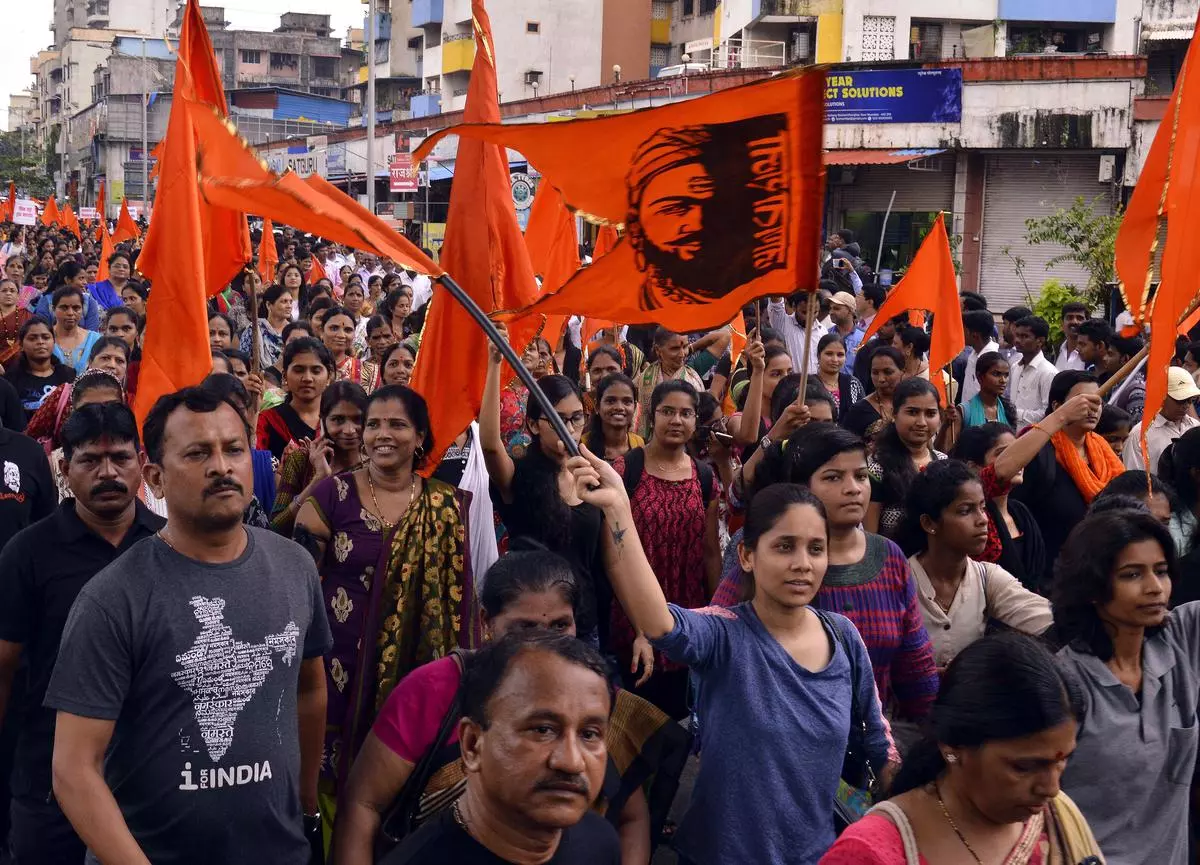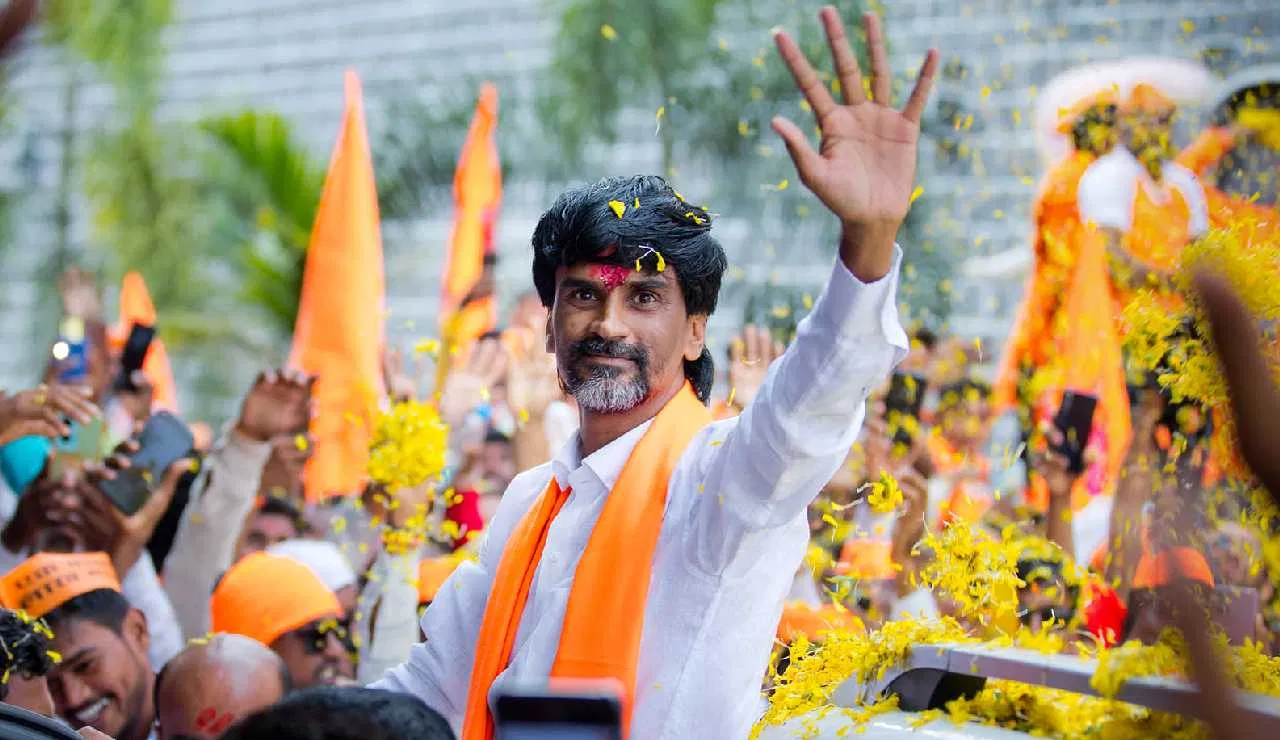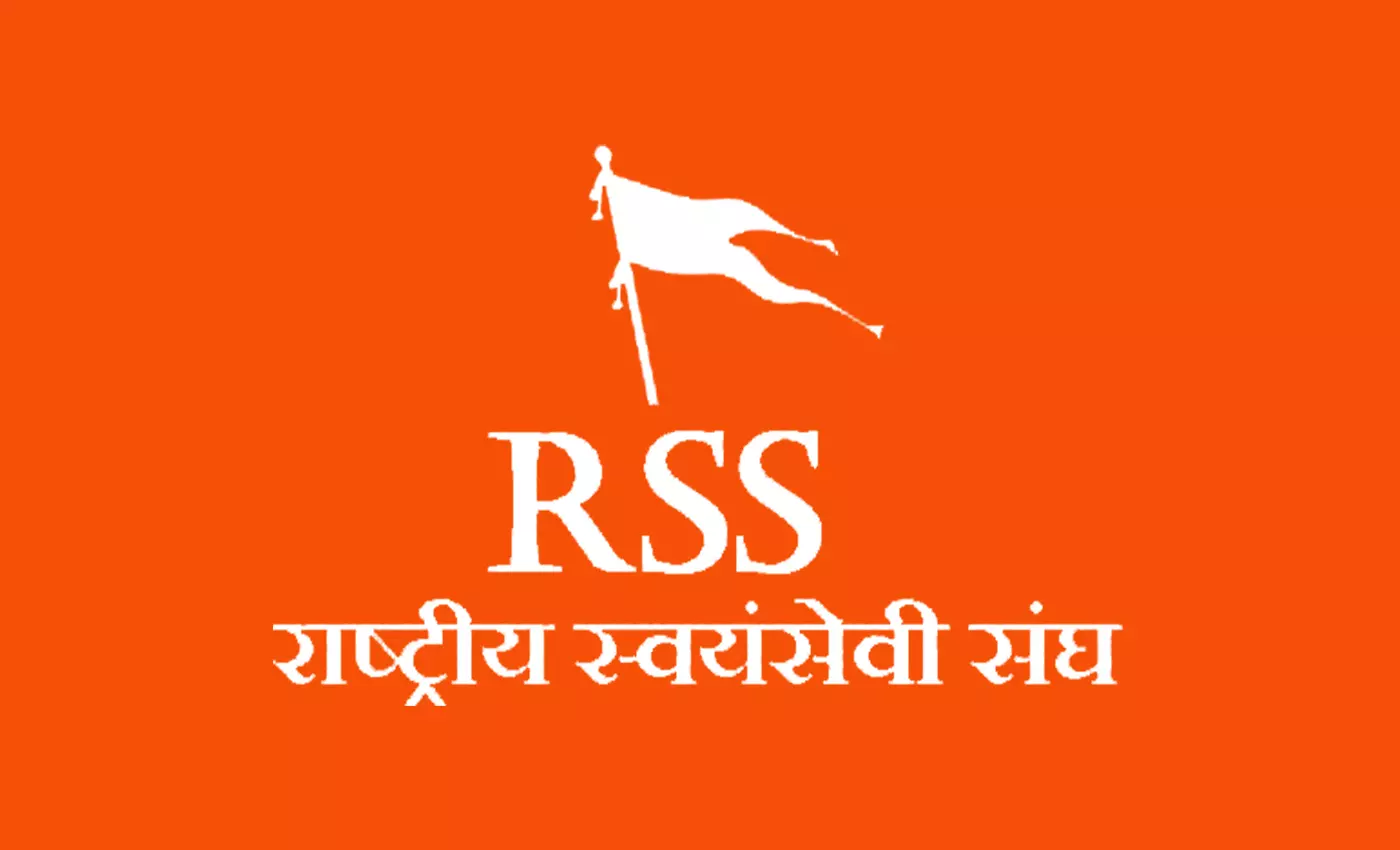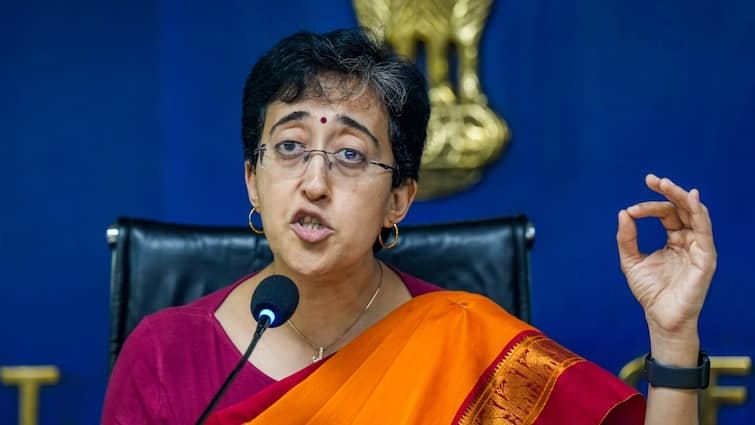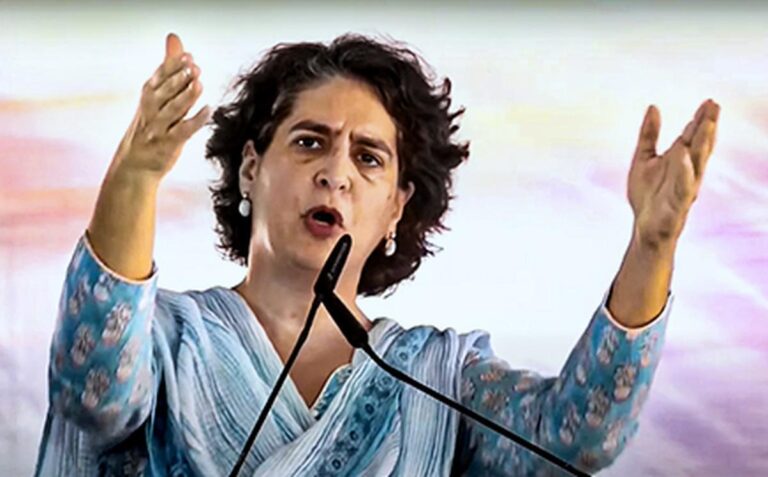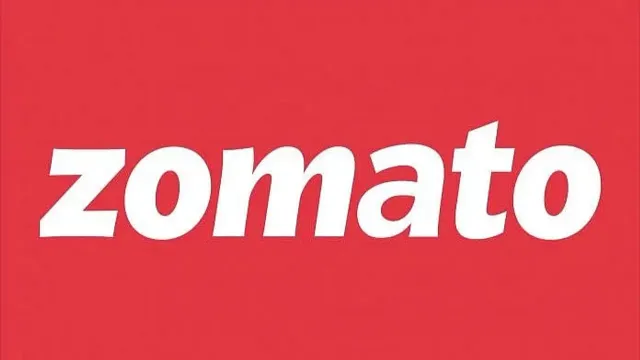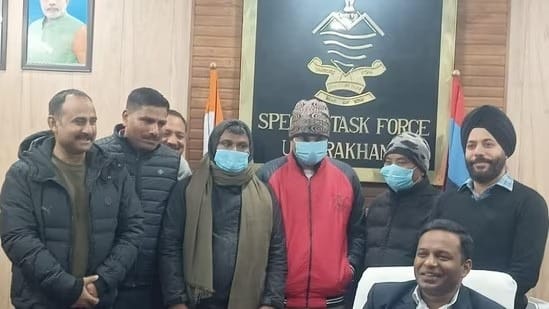Mumbai: Following an embarrassing defeat in first Test in Bengaluru, India will be eager to bounce back at 2nd test in Pune, scheduled to begin on October 24, 2024, at the Maharashtra Cricket Association (MCA) Stadium. New Zealand won the first Test by a narrow margin, thanks to their bowlers bundling out the hosts for just 46 runs in first innings, coupled gritty knocks from their batters.. With India trailing 0-1 in the three-match series, the stakes are high, especially with World Test Championship (WTC) points on the line.
Pitch and Weather Conditions
The Pune pitch is expected to be drier compared to Chinnaswamy, and New Zealand would have to rely on their spin. Historically, the MCA pitch tends to favor batting on the first two days, but spinners could have a significant say from day three. The weather forecast indicates mostly clear skies, minimizing the chances of rain interruptions that plagued the Bengaluru Test.
WTC Qualification Scenario
With WTC final on stake, this Test assumes immense importance. India cannot afford another slip, as a series loss would dent their qualification chances. It cannot rely heavily on BGT’s result since defeating Australia on their home turf is not an easy task. New Zealand, meanwhile, will aim to carry their momentum and clinch the series.
Also Read- India’s Record Collapse: 46 All Out Against New Zealand in Bengaluru
Predicted Playing XIs
India is expected to stick with their key batters like Rohit Sharma and Virat Kohli, but may bring in Shubhman Gill (who was unfit for last match) in place of either Sarfaraz Khan or KL Rahul. Rishabh Pant and Sarfaraz Khan, impressed in the first Test, will remain pivotal. It would be a tough call on KL but combination and Sarfaraz’ s form could be the deciding factor if Shubhman is fit. New Zealand, missing Kane Williamson due to injury, will rely on Rachin Ravindra and Devon Conway to anchor their batting.
India (Predicted XI):Rohit Sharma (c), Yashasvi Jaiswal, Shubman Gill, Virat Kohli, Sarfaraz Khan/KL Rahul, Rishabh Pant (wk), Ravindra Jadeja, Ravichandran Ashwin, Mohammed Shami, Jasprit Bumrah, Kuldeep Yadav.
New Zealand (Predicted XI): Tom Latham (c), Devon Conway, Rachin Ravindra, Will Young, Daryl Mitchell, Tom Blundell, Glenn Phillips (wk), Matt Henry, Will O’Rourke, Tim Southee, Ajaz Patel.
What’s at Stake?
For India, bouncing back is critical—not just for the series but also for WTC aspirations. The hosts will hope their bowling attack delivers under favorable Pune conditions. New Zealand, on the other hand, will aim to seal the series and script historic series win in India.
The stage is set for an enthralling contest, with both sides aware that every session will be crucial in this high-pressure encounter.
Also Read- Sarfaraz Khan welcomes a little miracle

